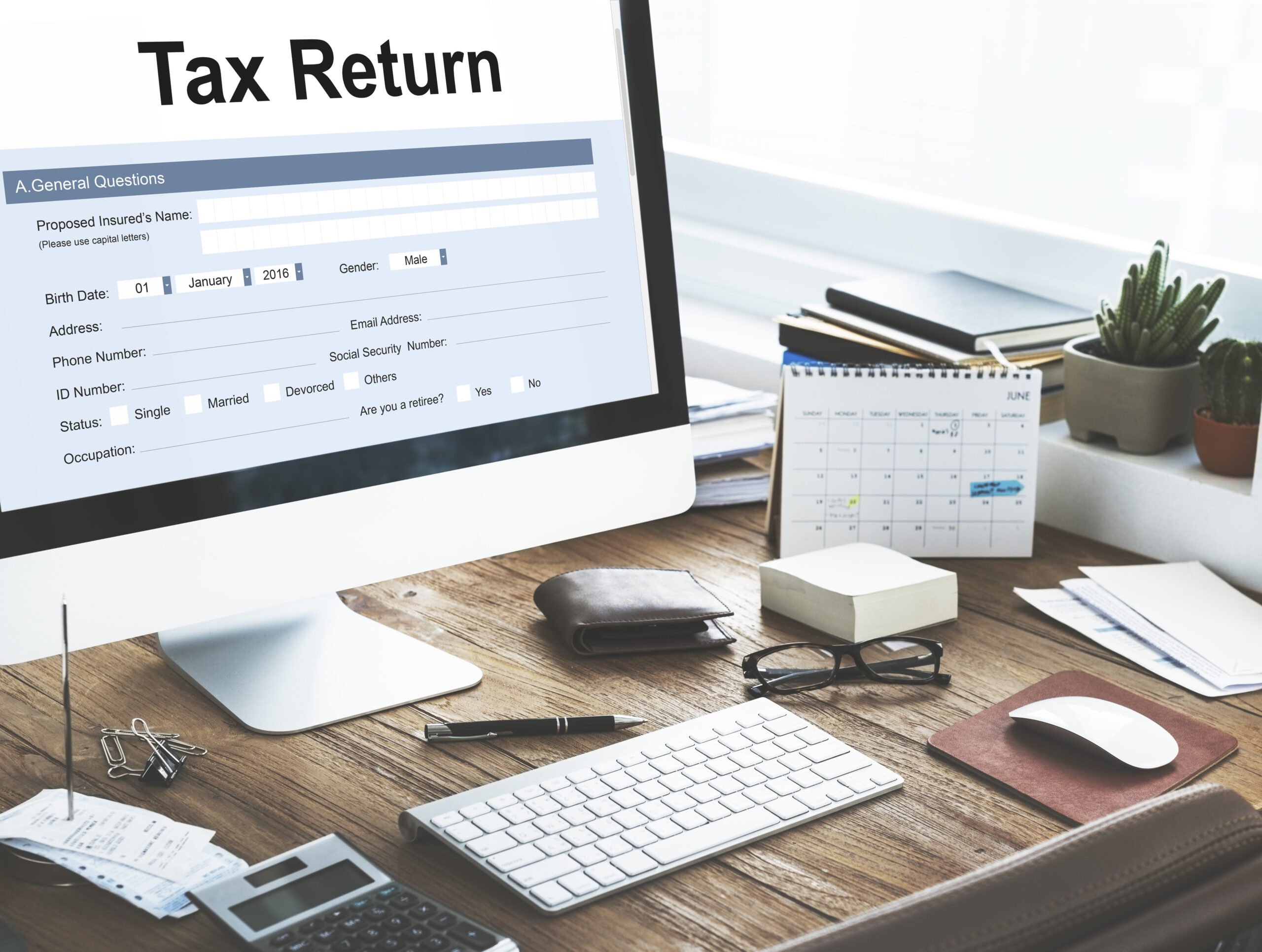Taxes are a fact of life, but there are ways to reduce your tax liability without breaking the law. In this post, I’ll cover several strategies that you can use to minimize your taxes and keep more of your hard-earned money.
- Contributing to tax-deferred retirement accounts: One of the most effective ways to reduce your taxes is by contributing to tax-deferred retirement accounts. For example, if you have a 401(k) (in the United States) plan through your employer, you can contribute up to $19,500 per year. These contributions are made on a pre-tax basis, which means that they reduce your taxable income. For example, if you earn $50,000 per year and contribute $5,000 to your 401(k), your taxable income would be reduced to $45,000. This can result in significant tax savings.
- Claiming deductions and credits: Another way to reduce your taxes is by claiming deductions and credits. For example, if you donate money to a charity, you can deduct the amount of your donation from your taxable income. Let’s say you donated $1,000 to a qualified charity and your marginal tax rate is 22%. You would save $220 on your taxes.
- Utilizing tax-advantaged investment accounts: Investing in tax-advantaged accounts like Health Savings Accounts (HSAs) or 529 college savings plans can also provide tax benefits. For example, if you have an HSA, you can contribute up to $3,650 per year if you have individual coverage or $7,300 per year if you have family coverage. These contributions are tax-deductible and can be used to pay for qualified medical expenses tax-free.
- Timing capital gains and losses: If you have investments that have appreciated in value, consider selling them at a time when you have losses to offset the gains. For example, let’s say you bought a stock for $1,000 and it has increased in value to $1,500. If you sell the stock, you would realize a capital gain of $500. However, if you also have another investment that has lost $500, you could sell that investment to offset the gain, resulting in no tax liability.
- Starting a business: Owning a business can provide tax deductions for expenses such as home office space, travel, and equipment. For example, if you work from home, you may be able to deduct a portion of your home expenses, such as rent or mortgage interest, property taxes, and utilities, as a business expense.
- Taking advantage of tax-efficient investments: Some investments, like municipal bonds or index funds, are more tax-efficient and can help reduce your overall tax liability. For example, if you invest in a municipal bond, the interest you earn is generally tax-free at the federal level, and may also be tax-free at the state level if you live in the state where the bond was issued. Also, index funds are also more tax-efficient compared to mutual funds. This is because index funds tend to have lower portfolio turnover, which can result in lower capital gains distributions and tax liabilities.
- Hiring a tax professional: Finally, it’s always a good idea to consult a tax professional who can help you identify additional tax-saving opportunities and ensure that you are taking advantage of all available deductions and credits.
Conclusion: In conclusion, reducing your taxes can help you keep more of your hard-earned money. By using strategies like contributing to tax-deferred retirement accounts, claiming deductions and credits, and taking advantage of tax-efficient investments, you can minimize your tax liability and maximize your savings.

